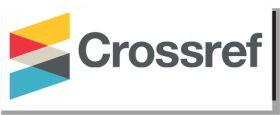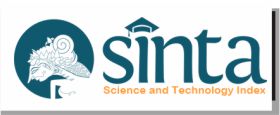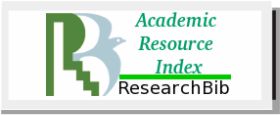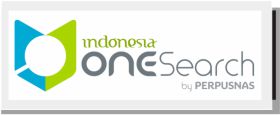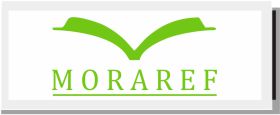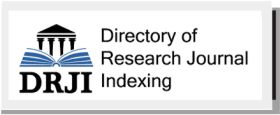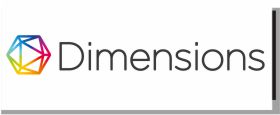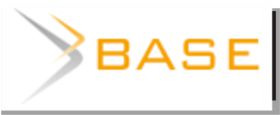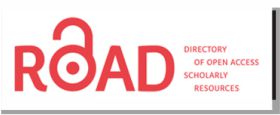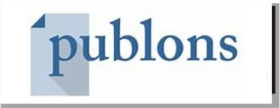Opportunities and Challenges Digital Tax in Indonesia
Notika Rahmi, Pebriana Arimbhi, Winda Wulandari, Alief Ramdan, Idar Rachmatulloh
Abstract
The number of transactions carried out online during this pandemic has become an opportunity/potential and challenge for the Government in terms of state revenues, namely from the tax sector, especially income tax (PPh) and Value Added Tax (VAT) revenues. The imposition of a digital tax will provide a sense of justice because foreign companies will get the same treatment as domestic companies that do have an obligation to pay taxes. This is also to create a level of playing field and healthy competition. The purpose of this study is to analyze the opportunities and challenges of digital taxes in Indonesia. The research method used is qualitative. The results of the study show that the application of digital taxes in Indonesia has a very large opportunity so that the government has issued various regulations to achieve the tax target. In terms of optimizing tax revenue, the Government expands Tax Objects and Subjects for VAT and PPh and Increases Taxpayer Compliance. However, it should be noted that the challenges that will be faced are the preparation of skilled and professional human resources, increasing collaboration with digital payment platforms so that they are connected to tax data and the availability of qualified internet access.
Keywords
Opportunities; Challenges; Digital Taxes;
References
Covid19.go.id. (2020). Gugus Tugas Percepatan Penanganan Covid-19. Retrieved from Covid19.go.id website: https://covid19.go.id/peta-sebaran
Datareportal.com. (2020). Digital 2020: Indonesia. Retrieved from Datareportal.com website: https://datareportal.com/reports/digital-2020-indonesia
Hasan, M. I. (2002). Pokok-pokok Materi Metodologi Penelitian dan Aplikasinya. Jakarta: Penerbit Ghalia Indonesia.
Indotelko.com. (2017). Ini Posisi Indonesia di Ekonomi Digital Global. Retrieved from indotelko.com website: https://www.indotelko.com/read/1500437464/posisi-ekonomi-digital-global
Katadata.co.id. (2020). Pelanggan Streaming Netflix di Indonesia. Retrieved from katadata.co.id website: https://databoks.katadata.co.id/datapublish/2019/08/13/berapa-pelanggan-streaming-netflix-di-indonesia
Kemenkeu.go.id. (2020). APBN Kita Juni 2020. Retrieved from kemenkeu.go.id website: https://www.kemenkeu.go.id/media/15421/apbn-kita-juni-2020.pdf
Kompas.com. (2020). Menkeu: Skenario Terburuk Pertumbuhan EKonomi Minus 2,6 Persen di Kuartal II. Retrieved from Kompas.com website: https://nasional.kompas.com/read/2020/04/15/05050061/menkeu--skenario-terburuk-pertumbuhan-ekonomi-minus-2-6-persen-di-kuartal-ii
Sugiyono. (2017). Metode Penelitian Kuantitatif, Kualitatif, dan R&D. Bandung: Alfabeta.
Tempo.co. (2020). Pajak Digital Berlaku, Berapa Potensi PPN Netflix per Tahun? Retrieved from Bisnis.tempo.co website: https://bisnis.tempo.co/read/1362590/pajak-digital-berlaku-berapa-potensi-ppn-netflix-per-tahun/full&view=ok
DOI:
https://doi.org/10.31334/transparansi.v4i2.1891
Copyright (c) 2021 Transparansi : Jurnal Ilmiah Ilmu Administrasi
This work is licensed under a
Creative Commons Attribution-ShareAlike 4.0 International License .
<div class="statcounter"><a title="Web Analytics" href="https://statcounter.com/" target="_blank"><img class="statcounter" src="https://c.statcounter.com/12126432/0/49d7f651/0/" alt="Web Analytics"></a></div> View My Stats
Transparansi : Jurnal Ilmiah Ilmu Administrasi
ISSN Media cetak2085-1162
ISSN Media online2622-0253
Email :[email protected] https://ojs.stiami.ac.id/index.php/transparansi
LISTED & INDEXED :











